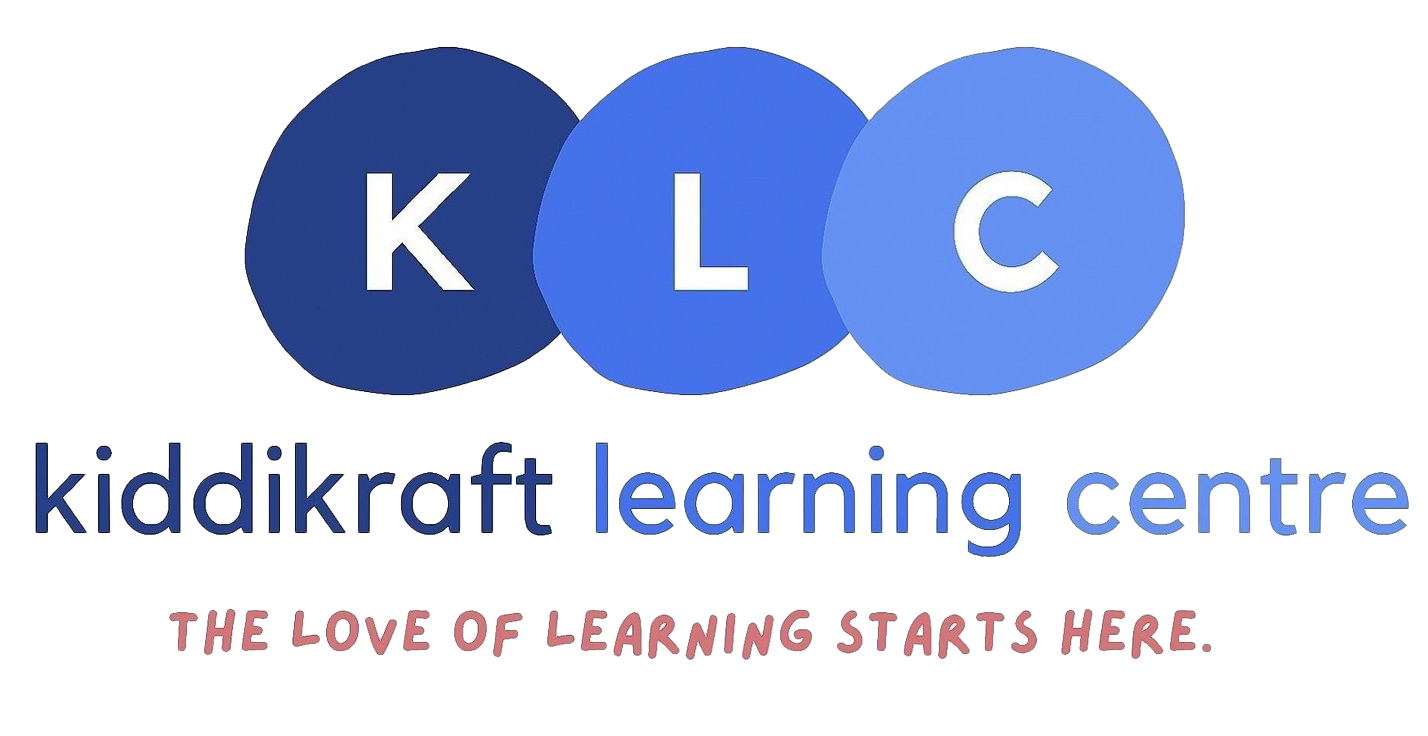Common mistakes ESL students make in English
Incorrect word order: ESL students often struggle with placing words in the correct order in a sentence. This can result in sentences that sound awkward or make little sense.
Pronunciation errors: ESL students may have difficulty pronouncing certain English sounds or pronouncing words accurately. This can affect their overall intelligibility and make it difficult for native speakers to understand them.
Misuse of articles: Determining when to use "a," "an," or "the" can be challenging for ESL students, especially if their native language doesn't have equivalent articles or uses them differently.
Verb tense errors: ESL students often struggle with using the appropriate verb tense in sentences. They may use the wrong tense or mix different tenses within the same sentence, making their speech or writing confusing.
Lack of subject-verb agreement: ESL students may have difficulty ensuring that the subject and verb in a sentence agree in number and person. This can lead to errors such as "He like apples" instead of "He likes apples."
Limited vocabulary: Many ESL students have a limited vocabulary, which can make it difficult for them to express themselves accurately or precisely.
Overuse of literal translations: ESL students often rely on literal translations from their native language, leading to phrases or sentences that don't sound natural or idiomatically correct in English.
These are some common mistakes we catch on and correct at KLC (Kiddikraft)
Incorrect use of prepositions: ESL students may struggle with using prepositions accurately, as different languages have different rules for their usage. This can result in sentences like "I am in the library" instead of "I am at the library."
Neglecting punctuation and capitalization: ESL students may forget to use appropriate punctuation marks or capitalize words where necessary, leading to writing that lacks clarity and coherence.
Lack of practice with speaking and listening: ESL students often face challenges in practicing their spoken English and listening comprehension skills. This can result in difficulties in understanding English speakers or communicating effectively themselves.
It's important to note that these mistakes can vary depending on the learner's native language and the level of proficiency in English. It may take time, practice, and exposure to the language to overcome these common errors.
Please contact us to learn more about how we can boost your child's English literacy whether it's phonics, creative writing, listening skills, grammar or more. We start this process from playgroup with children aged 18 months up. Remember the earlier they start, the more natural and easy these common mistakes can be avoided.

